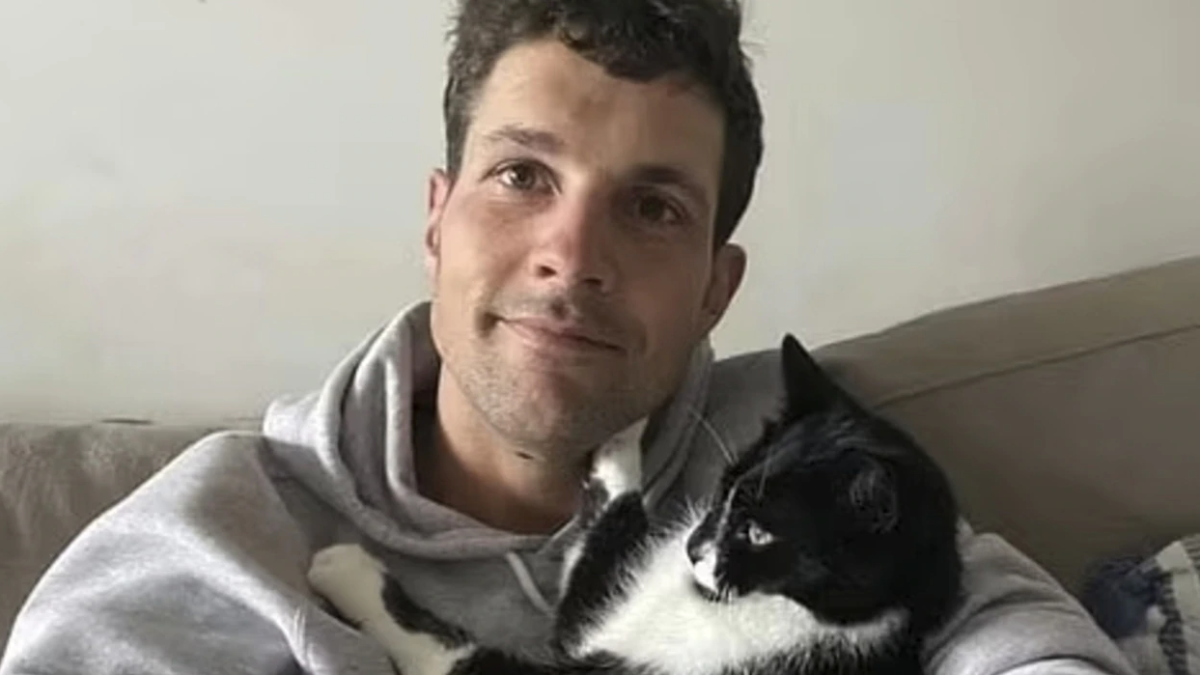
Family and friends have shared memories of Simon Nellist, the 35 year-old diving instructor tragically killed in Sydney’s first fatal shark attack for almost 60 years.
Nellist was killed on Wednesday afternoon while swimming at Little Bay beach in Sydney’s Eastern Suburbs. He was originally from the UK, where his family is based.
He is believed to have been killed by a great white shark, which one witness described as being 4.5 metres long.
One of Simon Nellist’s close friends told The Sun that he was an “amazing” person.
“That’s all there is to say really. He was just the best. He was the nicest, kindest human. It is a huge loss,” they said.
“In the last couple of years we haven’t been able to see him because of the COVID situation.
“He was massively into wildlife and knew exactly what he was doing. He wasn’t daft. It’s just a freak accident.”
Another friend, Della Ross, told Channel Seven: “Everything that is connected to Simon, to me is connected to the ocean.
“The news hit us like a truck because he is really one of the people who make this Earth better.”
Nellist was engaged to be married. His partner is based in Sydney. He was reportedly training for a charity swim when he was attacked by the shark.
Footage of the attack — which PEDESTRIAN.TV has chosen not to publish — has circulated online.
Bond University Associate Professor of Environmental Science Dr Daryl McPhee told 7News that he felt the video shouldn’t be shared.
“I’d also urge news and social media outlets to take down videos of the attack and its immediate aftermath,” he said.
He also defended the witnesses seen in the video, who received some criticism online for their response to the shark attack.
“Scapegoating of the witnesses who were at the scene must stop. They themselves are traumatised by what they have seen,” McPhee said.
SMART drumlines have been installed from Little Bay to Long Bay. The drumlines alert officials if an animal gets caught in them.
“Sharks and any other marine fauna caught on SMART drumlines can be tagged, relocated approximately 1km offshore and released,” said the Department of Primary Industries.



